News Search
Welcome to our News Search. You have arrived here because you have searched a category, tag, year, or month. Below you can find the results of your search. Alternatively, you can return to the News Page using the button.
Filter by:
Tag
- Additional Support Needs
- Art
- Australia
- Best Practice
- Best Practice in Dementia Care
- CEDAR
- Care
- Carers
- Carers Hub
- Changes in Presentation
- Community
- Consultancy
- Delirium
- Design
- EADDAT
- Events
- Housing
- International
- Japan
- LGBTQ+
- Life Story
- Meaningful Engagement
- News
- Policy
- Product Accreditation
- Research
- Scotland
- Signage and Wayfinding
- Sweden
- Technology
- Training
- University of Stirling
- Young Onset Dementia
- care
Month
- April 2025
- March 2025
- February 2025
- January 2025
- December 2024
- November 2024
- October 2024
- July 2024
- May 2024
- April 2024
- March 2024
- January 2024
- November 2023
- July 2023
- June 2023
- May 2023
- April 2023
- February 2023
- January 2023
- September 2022
- August 2022
- July 2022
- June 2022
- May 2022
- April 2022
- February 2022
- November 2021
- October 2021
- September 2021
- October 2020
- September 2020
- July 2019
- June 2019
- April 2019
- March 2019
- February 2019
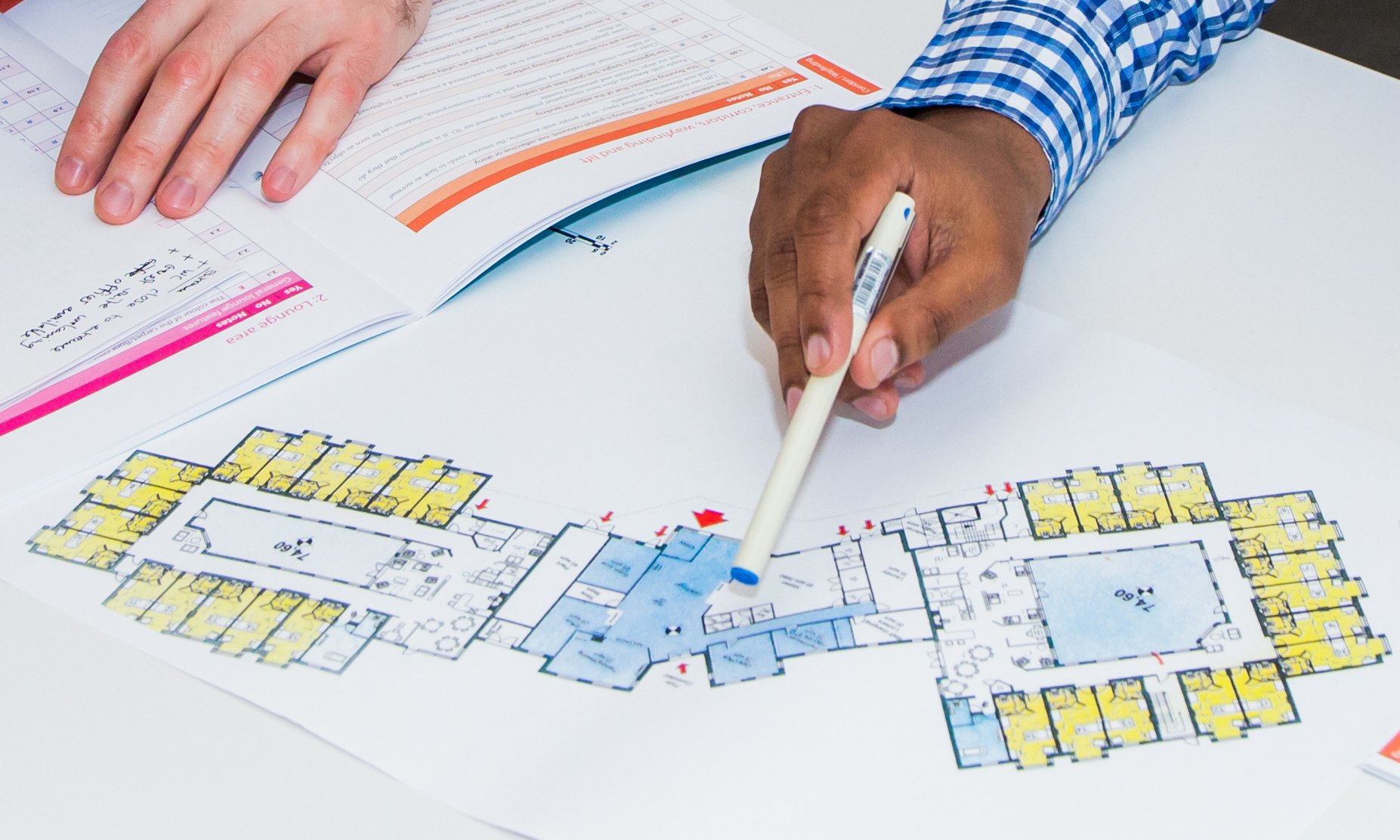
How to create practical and comfortable spaces in care homes using dementia design
A well-designed environment can help feelings of comfort and security by promoting independence, personal identity, enhancing confidence and self-esteem while allowing required care tasks to take place in a dignified way. This might sound like an overwhelming list, but it is easily achievable.

Architecture for Wellbeing vs Wellbeing in Architecture
October’s thought-provoking #DesignPopUp in Edinburgh focused on understanding how design and architecture can contribute to enhancing health and wellbeing in society. DSDC’s Professor Lesley Palmer and Associate Peter Kerr were invited to speak and share their thoughts, amongst a plethora of innovative speakers from industry and academia.

Visiting PhD student experience in Stirling: Xiaolin Shen
“Hello everyone, my name is Xiaolin. I'm a visiting PhD student at the Division of Dementia and Ageing in the Faculty of Social Sciences at the University of Stirling, under the mentorship of Professor Richard Ward. I am visiting from the Design Department at Politecnico di Milano.”

Living well at home
On the back of the commission on the future of long-term care report, published by Alzheimer’s Scotland, we echo the view that people living with a diagnosis of dementia want to live well at home for as long as possible.

Glendale Cottage: The Harmless House
Join us as we explore Glendale Cottage: The Harmless House. This video captures the aspirations and design of the first DSDC EADDAT Gold Awarded Domestic Environment.

Navigating the Frontiers of Dementia: ADI Conference 2024
The 36th Global Conference of Alzheimer’s Disease International took place in Kraków, Poland, last week. Experts around the world came together under the theme of ‘Dementia: Insights. Innovations. Inspirations’ and shared information on achievements, innovations, and best practices in dementia research, care, and policy.
DSDC Senior Dementia Consultant, Dave Wilson-Wynne, attended and represented the University of Stirling and our Centre. Here is what he said about the experience:

Bowbrook Dementia Specialist Residential Care Home Achieves DSDC Gold Award for Dementia-Friendly Design
We are all stakeholders in ageing – especially as people live longer. In a remarkable step towards a more dementia-friendly society, Bowbrook Residential Care Home has achieved the DSDC Gold Award.
Here are five reasons why Bowbrook is at the forefront of dementia-friendly design:

DSDC Chief Architect receives Churchill Fellowship to travel to Fukuoka, Japan
In 2019, DSDC Chief Architect Lesley Palmer received a Churchill Fellowship with the purpose to study, record, and catalogue the built environment and healthy ageing projects in Fukuoka, Japan.
Lesley’s Fellowship spotlights the importance of international collaboration when working with ageing and dementia. Through her travels, we are shown a new perspective on dementia friendly design and reminded why different cultures may need different solutions.

Dementia design and the use of trompe l’oeil
Trompe l’oeil (pronounced tromp-LOY) is an artistic technique not often seen in use nowadays except bizarrely in care homes, which are the least appropriate environment to use this technique.

How to self-certify with EADDAT Tier 2
Using DSDC’s Environments for Ageing and Dementia Design Assessment Tool (EADDAT) Tier 2 to self-certify is a great way to understand how your space is supporting an ageing population and people living with dementia. Tier 2 of EADDAT is the intermediate level, so it’s more in depth than Tier 1, but you don’t need any training prior to use, and it is suitable for any environment.

How to self-certify with EADDAT Tier 1
Using DSDC’s Environments for Ageing and Dementia Design Assessment Tool (EADDAT) Tier 1 to self-certify is a great way to understand how your space is supporting an ageing population and people living with dementia. Tier 1 of EADDAT is the entry level, so it’s an easily accessible place to start and suitable for any environment.

Dementia-friendly Pub Call
DSD are looking for pubs everywhere to become more dementia-friendly and have launched a new tool to support this.
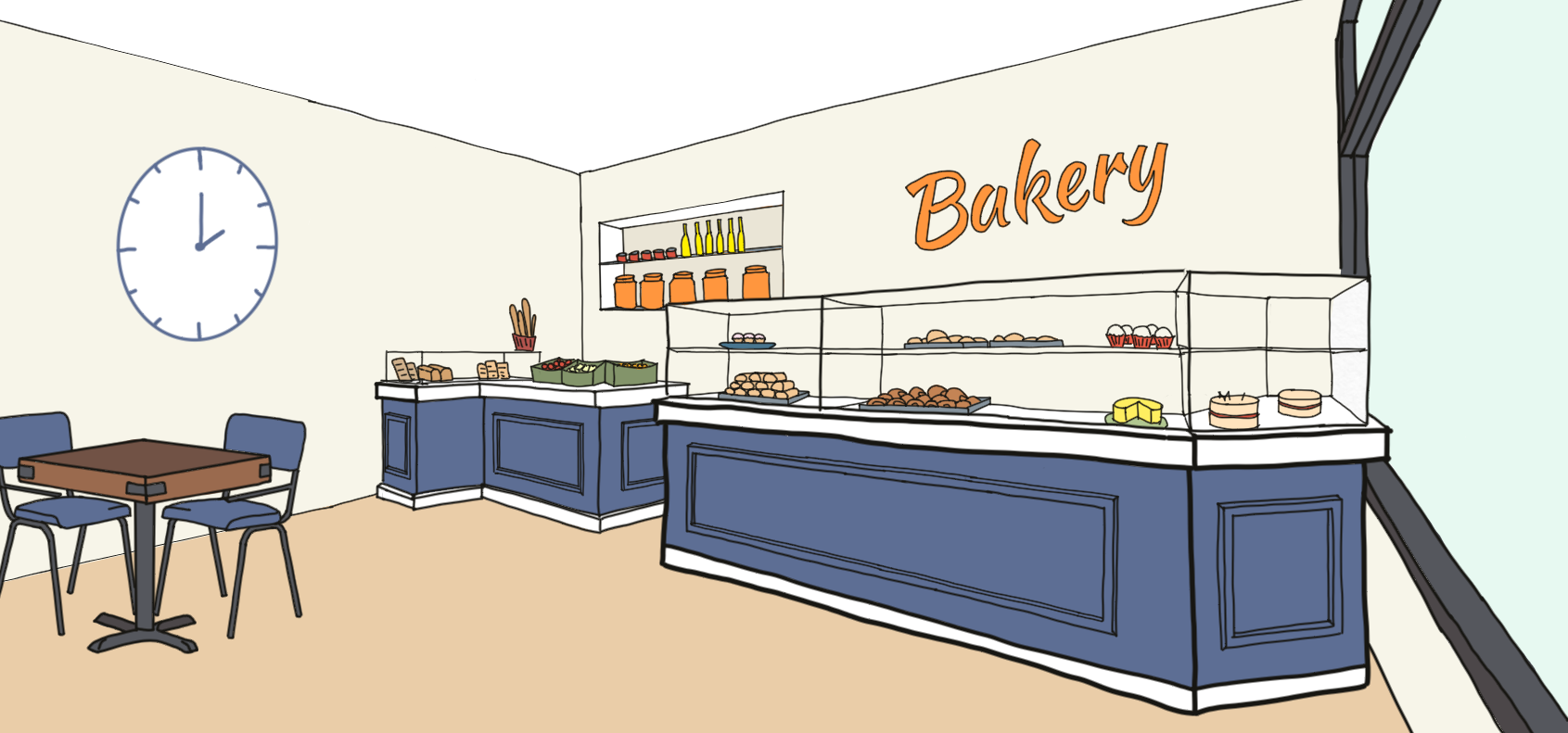
The Future of Design
Research tells us that age-friendly environments can help foster healthy and active ageing, by building and maintaining cognitive capacities across the course of our lives.
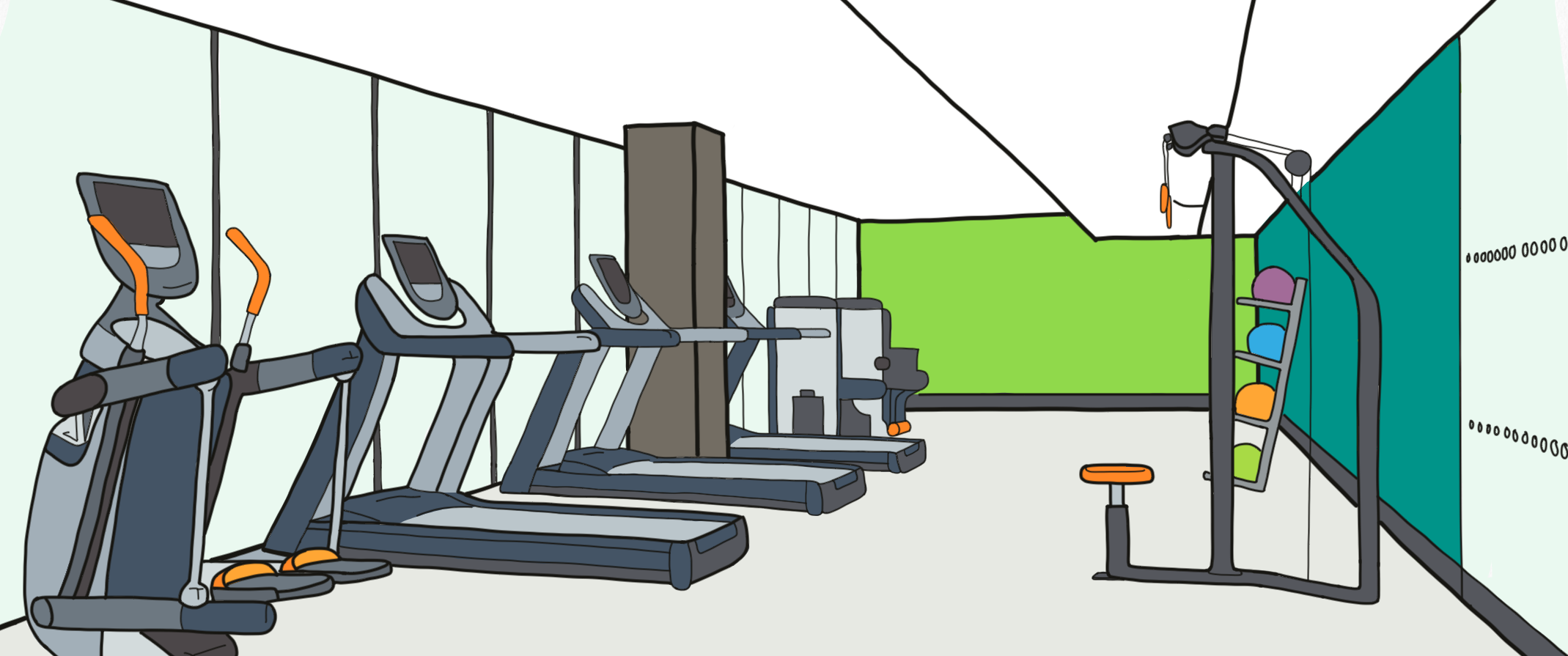
Environments for Ageing and Dementia Design Assessment Tool (EADDAT) Launches
The Environments for Ageing and Dementia Design Assessment Tool (EADDAT) has now launched!

Scotland’s Housing Festival 2022
Lesley Palmer spoke at this year’s CIH Scotland’s Housing Festival around findings for the dementia and housing sub-group.
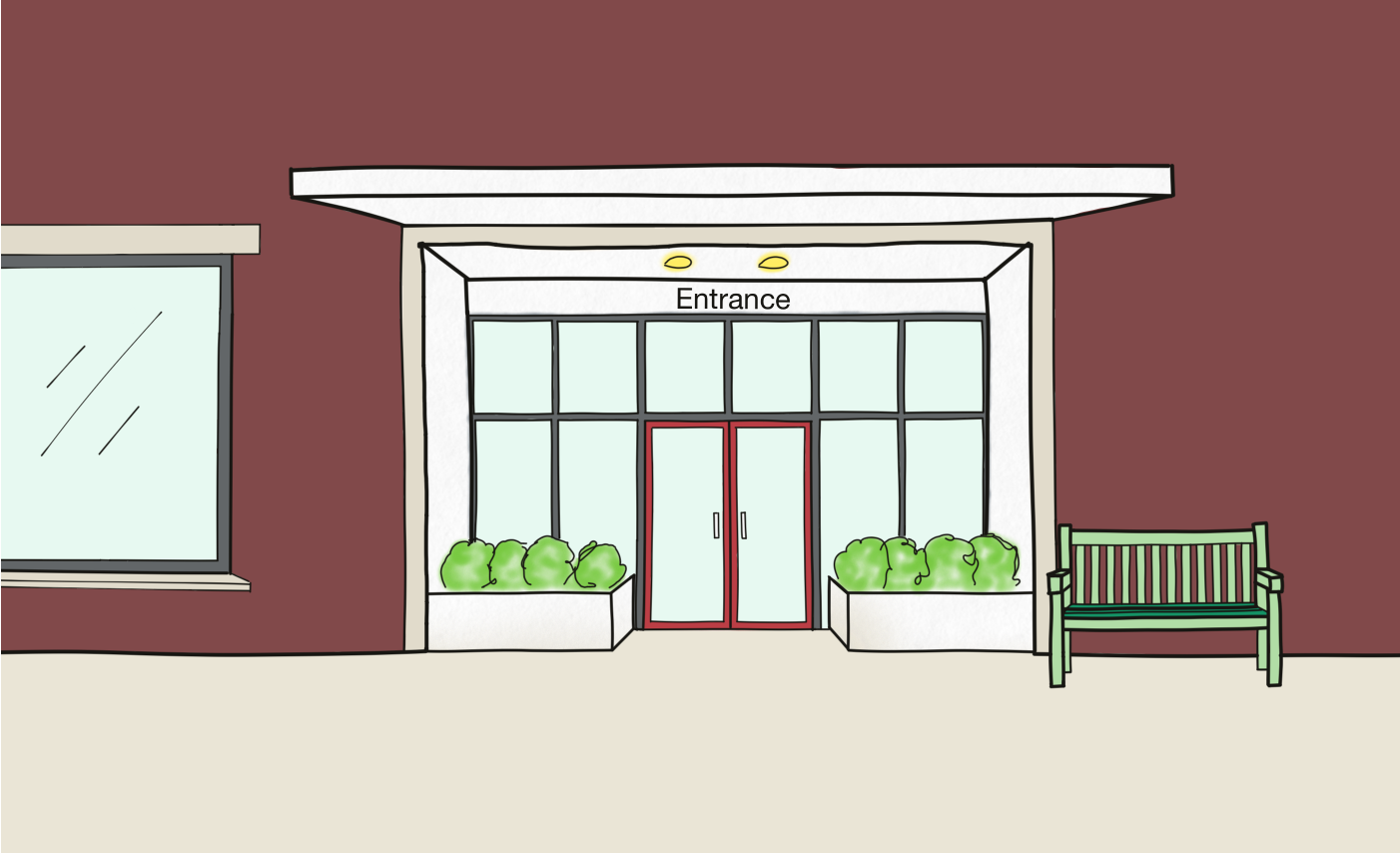
Environments for ageing and dementia
Research tells us that age-friendly environments can help foster healthy and active ageing by building and maintaining cognitive capacities across the course of our lives.

Signage & Wayfinding
The legibility of an environment is closely related to the visual information that is provided. For people with dementia, it is particularly important that the design of the signage not only highlights useful information but also, to avoid confusion, reduces the extent of non-critical and unhelpful information.
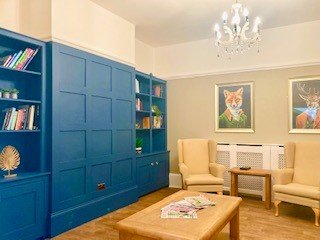
One Small Change
At DSDC we believe every effort to improve quality of life for people living with dementia should be celebrated, no matter how big or small.

Designing Homes for Healthy Cognitive Ageing
What we want and need is always changing, and those changes can become more noticeable as we get older. The DesHCA Project is exploring how people can adapt their homes to make them more supportive as they age.
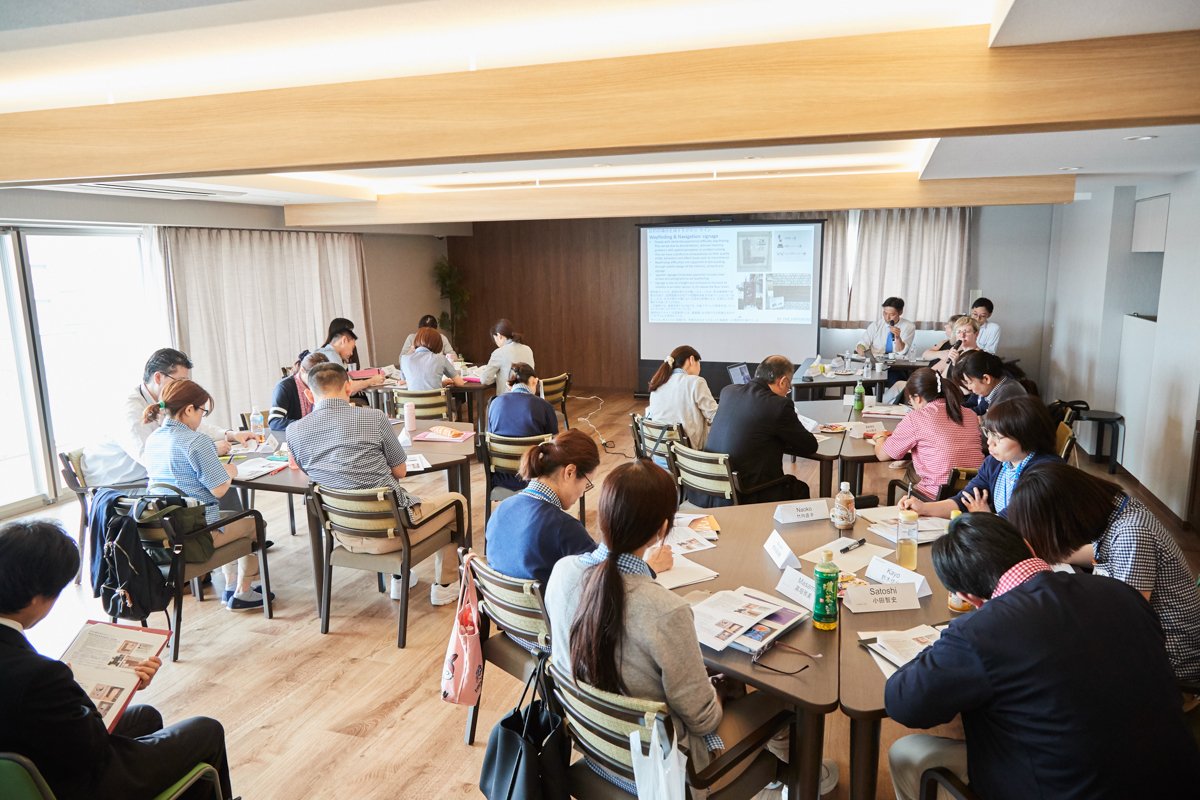
Design training in Japan
Last month DSDC delivered design training for Tokyu E-Life Design Inc. & Mediva Inc., in Japan. The design training followed DSDC input into two projects developed by the Japanese organisations.

